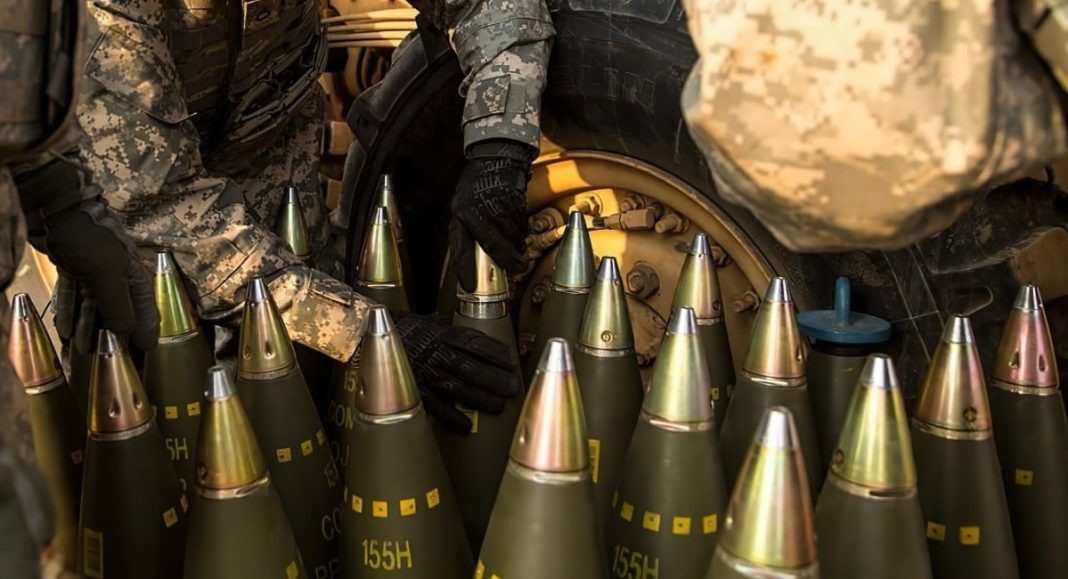In a significant development within the defense manufacturing sector, Turkish defense company Repkon has formalized a collaboration with Wah Industries Limited (WIL) to establish a production and filling line for 155mm artillery shells in Pakistan. This partnership is poised to significantly enhance local defense capabilities by aiming to produce 120,000 units annually. The agreement was reached during the 12th International Defense Exhibition and Seminar held in Pakistan, underscoring the event’s importance as a platform for international defense cooperation.
WIL, which operates under the Pakistan Ordnance Factories, plays a crucial role in manufacturing systems, ammunition, and military hardware to support the Pakistan Armed Forces, as well as facilitating exports. The establishment of this production line is expected to bolster Pakistan’s self-reliance in military ammunition, aligning with ongoing efforts to modernize its defense industry.
In a related development earlier this month, Repkon USA secured a significant $435 million contract with the US Department of Defense. This contract is aimed at establishing a domestic TNT artillery production line, marking a strategic shift towards securing and controlling supply chains vital for defense manufacturing. Douglas Bush, Assistant Secretary of the US Army, highlighted the importance of this initiative by stating, “Reshoring TNT production gives us the ability to control and secure our supply chain for this vital component, especially in an era of increasing global challenges.”
This move is part of a broader push by the US to ramp up ammunition production, with plans to increase output from approximately 30,000 units per month to 100,000 by the end of the next year. This escalation in production is intended not only to meet burgeoning domestic demand but also to enhance military support for allies, including Ukraine, as highlighted in recent reports.
The collaboration between Repkon and WIL marks a pivotal moment for both Turkish and Pakistani defense industries, potentially setting the stage for further partnerships and advancements in military capabilities in the region. As global defense dynamics evolve, such agreements will be essential for countries looking to enhance their self-sufficiency and operational readiness in an increasingly complex geopolitical landscape.





